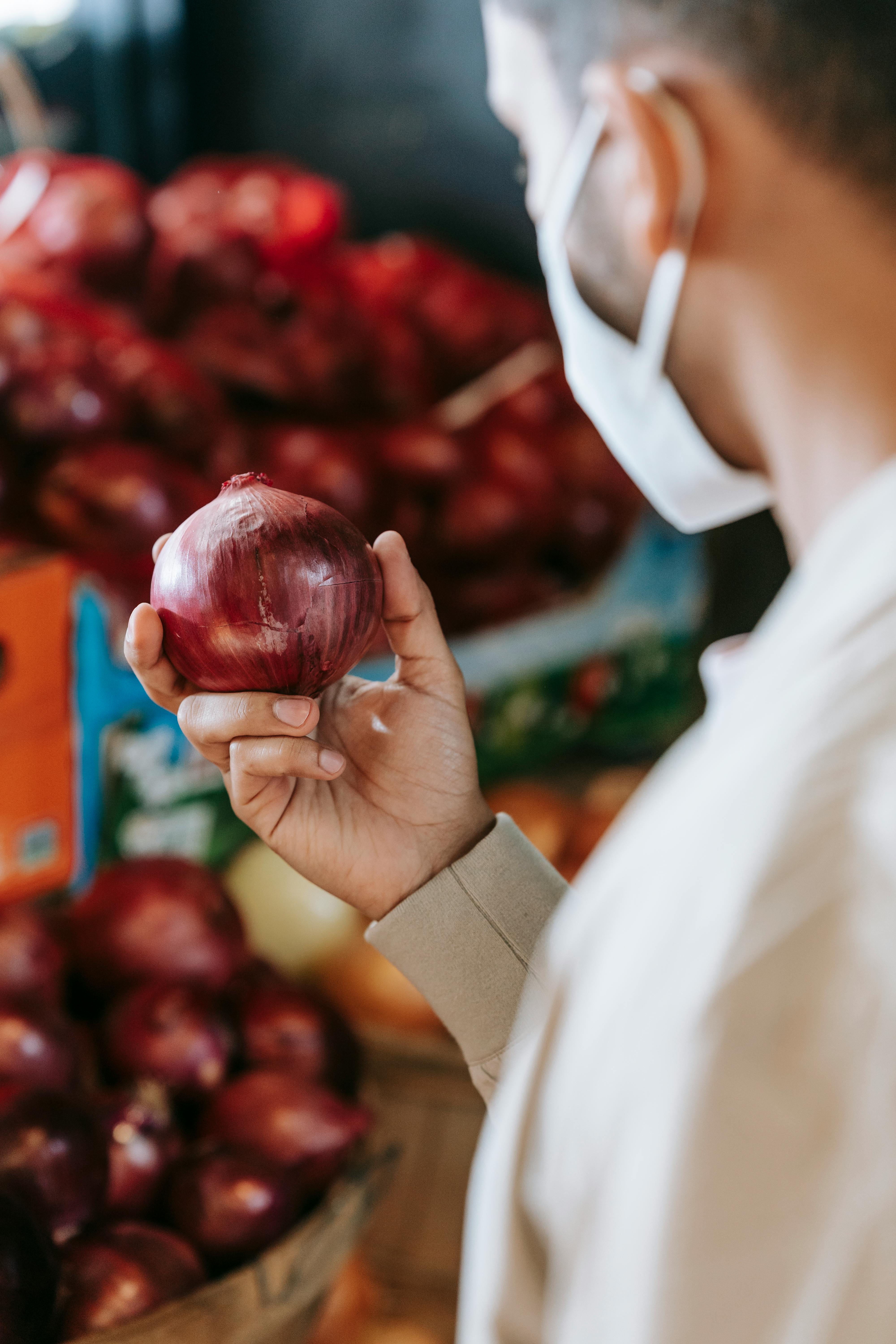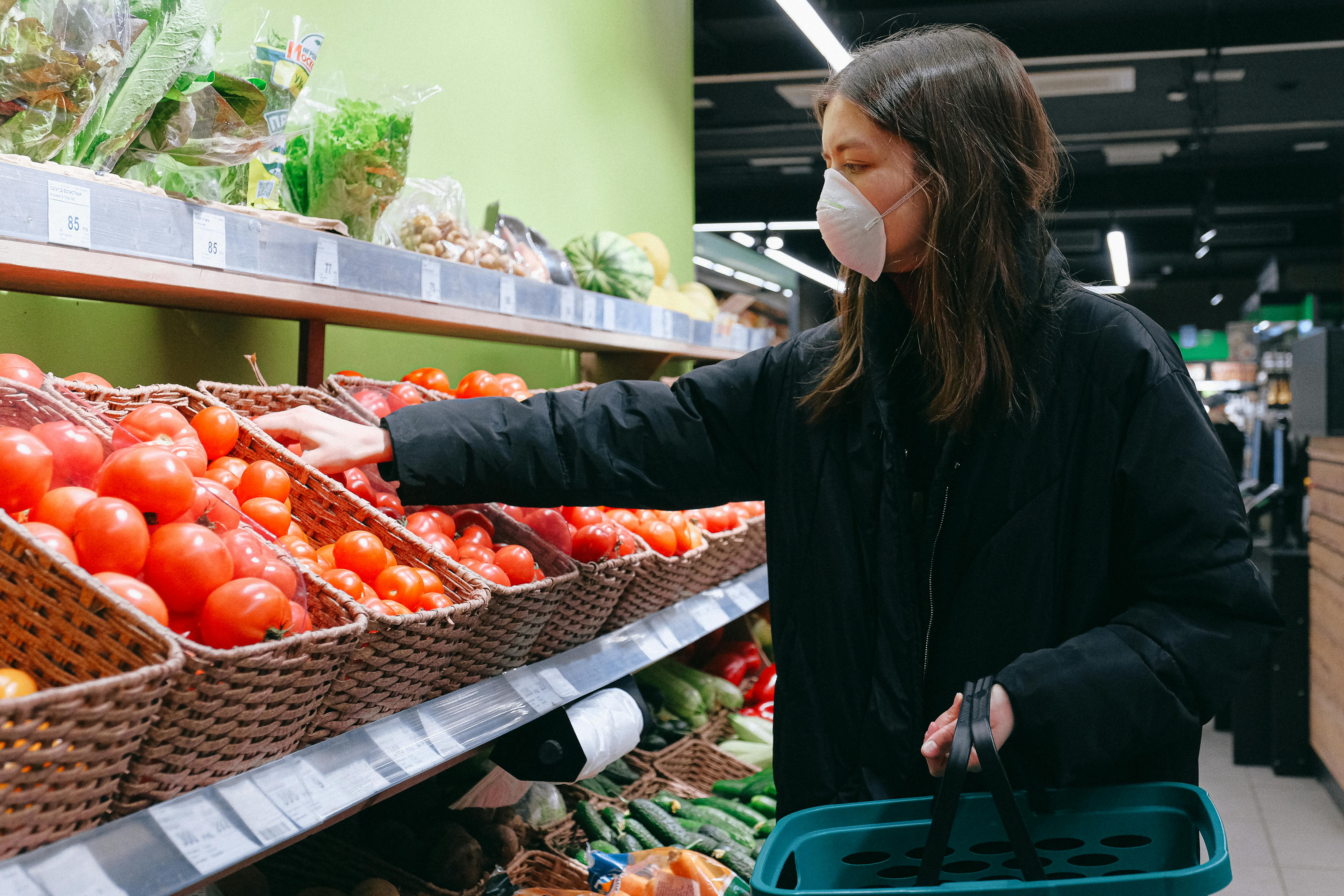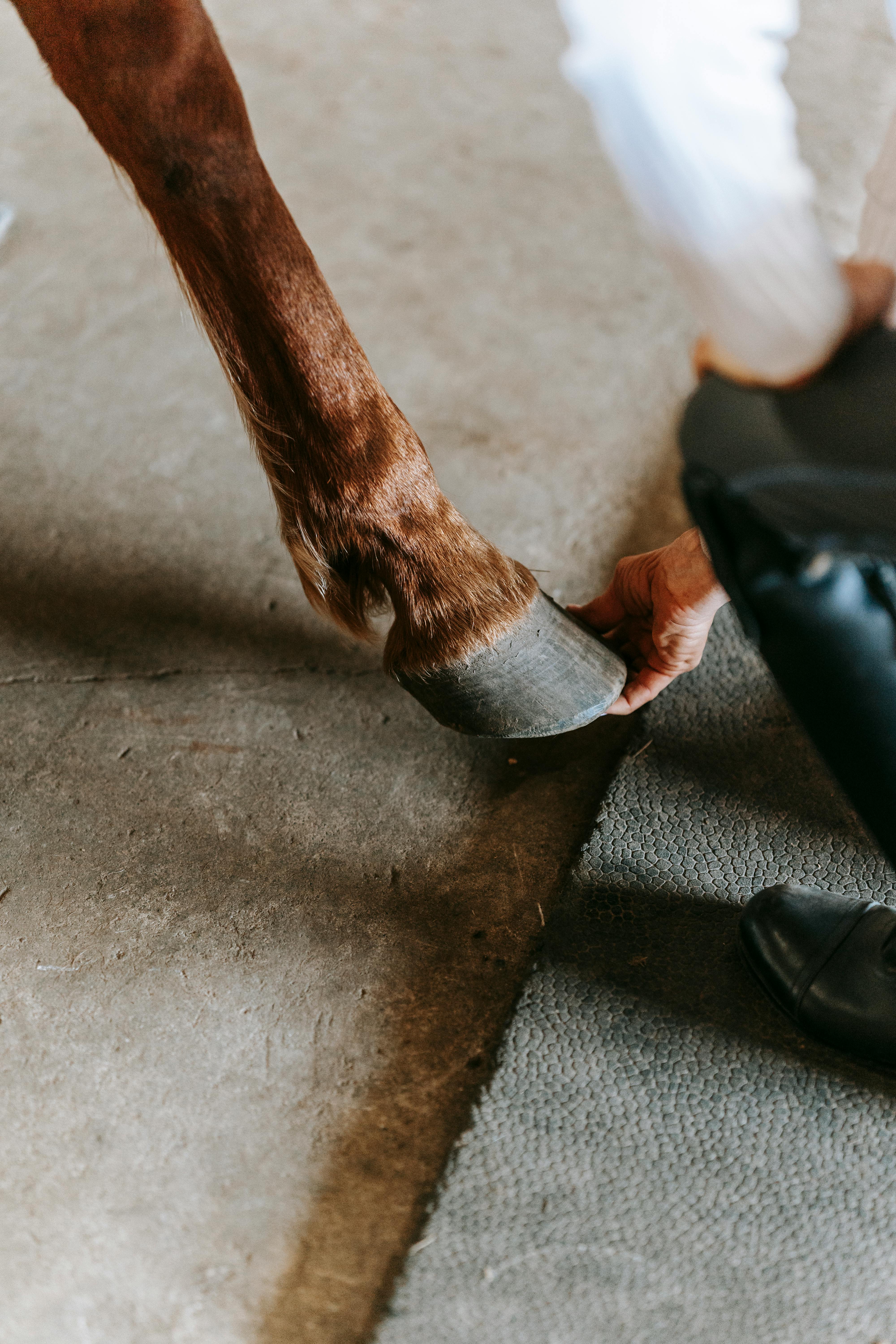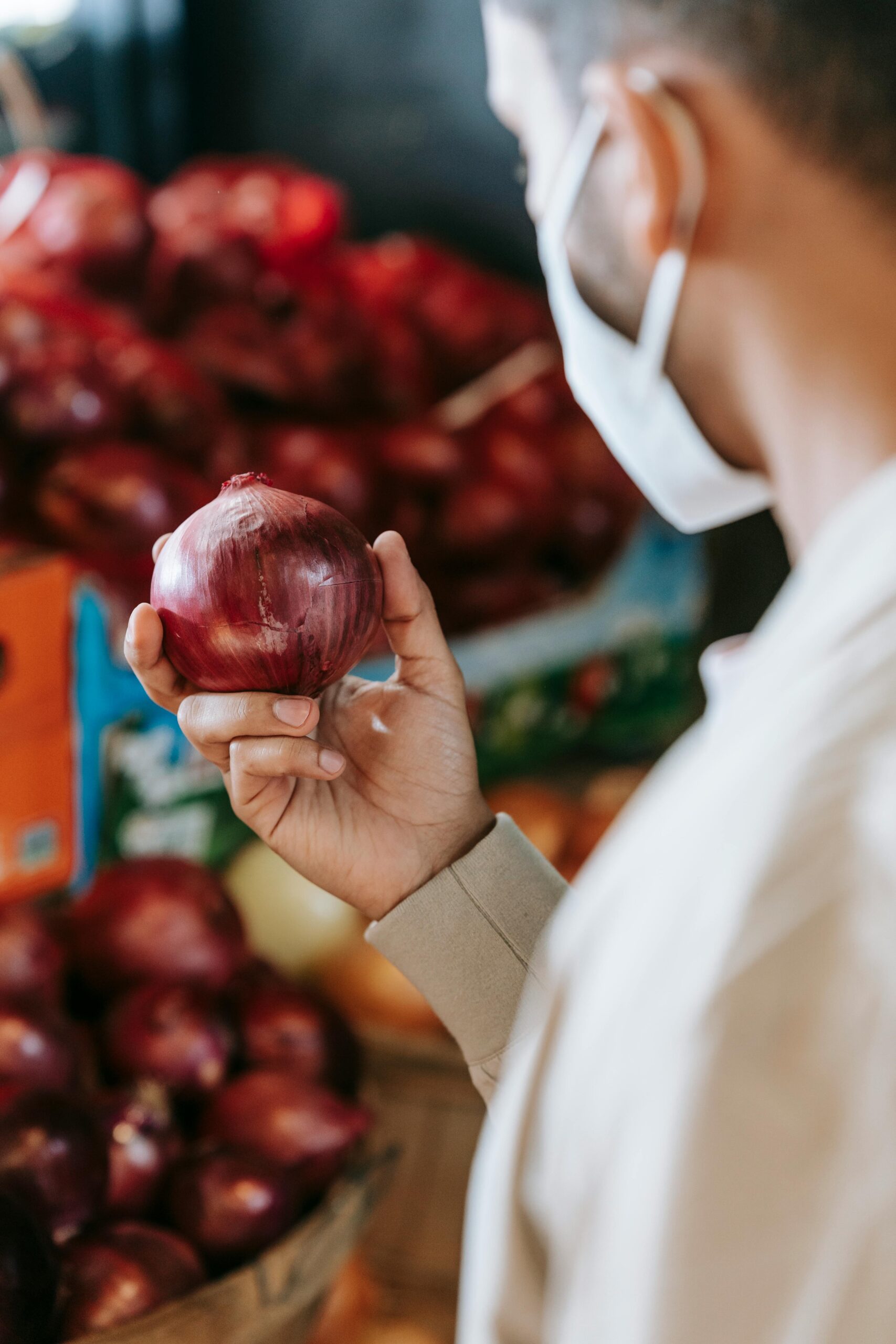Expert Insights from an Agricultural Health and Safety Consultant
Agriculture is one of the most vital and hazardous industries globally. With growing concerns about farm safety and regulations, the role of an agricultural health and safety consultant has never been more essential. In this guide, you’ll explore the crucial duties of these professionals, practical implementation methods, advanced strategies, and the future of agricultural safety.

Understanding the Fundamentals
An agricultural health and safety consultant specializes in reducing risks and ensuring compliance with local and federal regulations. This role has evolved significantly over the decades, especially as mechanization and chemical usage in farming have increased.
These fundamentals matter because they protect lives, reduce liability, and ensure operational continuity. Think of it like a seatbelt: rarely needed in ideal conditions, but indispensable when something goes wrong.
1.1 Risk Assessment and Hazard Identification
Risk assessment involves analyzing each farming activity—from pesticide application to equipment operation—to identify potential hazards. For example, a 2023 study by the National Safety Council noted that over 100,000 agricultural injuries occur annually in the U.S. alone.
Real-world applications include creating specific safety checklists for livestock handling or evaluating chemical storage practices. A common misconception is that safety measures slow down productivity, when in fact, they often enhance efficiency by preventing downtime.
1.2 Compliance with Agricultural Regulations
Compliance means meeting the standards set by agencies like OSHA and the EPA. Unlike general safety guidelines, agricultural compliance is tailored to unique risks like confined spaces in silos or zoonotic disease exposure.
In practice, this might involve updating Material Safety Data Sheets (MSDS) or developing a personal protective equipment (PPE) program. These actions not only avoid fines but create a culture of accountability and awareness on the farm.
Practical Implementation Guide
Understanding theory is just the start. Implementing safety principles effectively is where an agricultural health and safety consultant delivers true value. The following steps show how to transition from knowledge to action.

2.1 Actionable Steps
- Conduct a Full-Site Audit: Walk through the entire property to identify all risk points, from uneven flooring to chemical leaks.
- Equip Staff with Tools and Training: Use signage, hands-on workshops, and printed manuals tailored to the specific operation.
- Monitor, Record, and Update: Set up a monthly review of all incidents and revise protocols accordingly.
2.2 Overcoming Challenges
Common obstacles include budget constraints, employee resistance, and outdated equipment. Solutions include:
- Applying for rural safety grants
- Introducing peer-to-peer training to increase buy-in
- Phasing in equipment upgrades
Warning signs to watch for include near-miss incidents, inconsistent safety gear usage, and ignored signage. Experts advise using anonymous surveys to gather honest feedback and adjust strategies accordingly.
Advanced Applications
Once a foundational plan is in place, farms can explore advanced safety protocols. A seasoned agricultural health and safety consultant brings cutting-edge tools and technologies into play. These are ideal for larger farms or those with complex operations.

3.1 Digital Monitoring Systems
Using IoT sensors, farms can track machinery status, environmental conditions, and staff locations in real time. For instance, GPS sensors can alert supervisors if a tractor tips or a worker is inactive for extended periods. According to recent industry metrics, farms using digital systems report 30% fewer accidents annually.
3.2 Integration with Agricultural Management Platforms
Platforms like AgriSafe and FarmOS now allow seamless integration of safety data with crop planning tools. This compatibility means safety no longer operates in a silo but becomes a core function of overall farm management.
Future Outlook
Looking ahead, wearable safety tech and AI-driven predictive analytics are gaining traction. Innovations like smart helmets and autonomous equipment promise to revolutionize safety practices in agriculture.
Industry experts forecast a 40% increase in the hiring of agricultural health and safety consultants over the next five years. Farmers should begin exploring partnerships, training staff on new tools, and investing in scalable tech solutions now to stay ahead.
Conclusion
To summarize, working with an agricultural health and safety consultant can:
- Improve workplace safety significantly
- Ensure compliance with complex regulations
- Increase operational efficiency and trust
The value is clear: safer farms are more productive, more compliant, and more sustainable. Take action today by assessing your current protocols and consulting with an expert to develop a custom safety strategy for your operation.
Frequently Asked Questions
- Q: What does an agricultural health and safety consultant do? They assess risks, develop safety plans, train staff, and ensure compliance with relevant laws on farms.
- Q: How can I start working with one? Begin with a free site audit or consultation to identify needs and gaps. Prepare basic data like farm size and common hazards.
- Q: How long does implementation take? Basic plans can be developed in 1-2 weeks, with full rollout often spanning 1-3 months depending on farm size.
- Q: What does it cost to hire a consultant? Fees range from $500 to $5,000 depending on scope, with larger operations requiring ongoing contracts.
- Q: How does this compare to doing it myself? DIY plans often miss critical legal and technical details. Consultants bring expertise, certification, and objectivity.
- Q: Is this hard to implement technically? Most steps are straightforward with proper guidance. Consultants provide templates, training, and support materials.
- Q: Can this apply to small or niche farms? Absolutely. Safety consultants can tailor strategies for vineyards, urban farms, and specialty operations alike.
